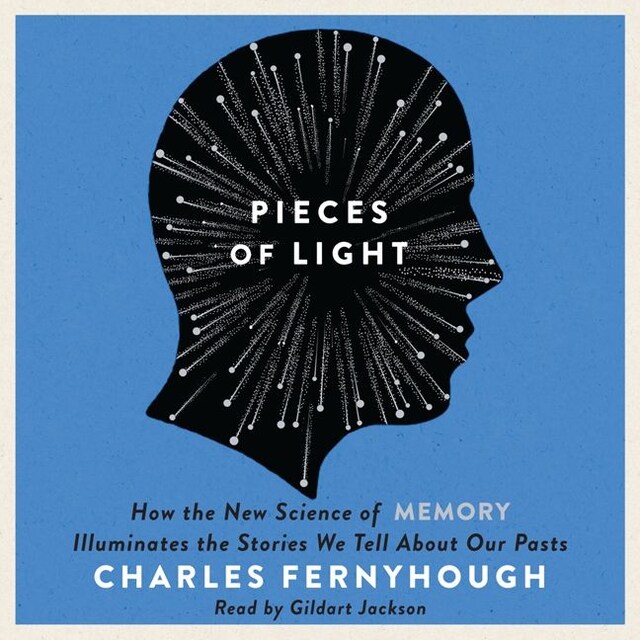
Pieces of Light
How the New Science of Memory Illuminates the Stories We Tell About Our Pasts


